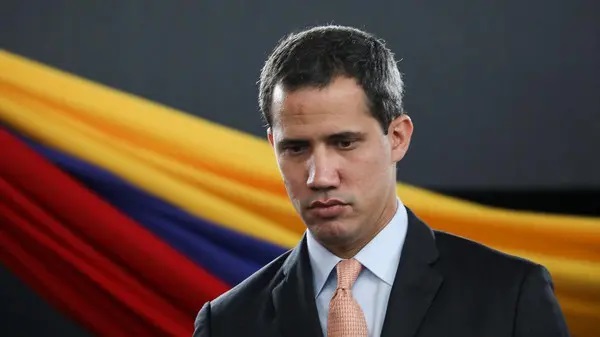
(Argus, 6.Jan.2021) — The EU and the Lima Group of Latin American countries and Canada have implicitly dropped support for Venezuelan opposition leader Juan Guaido as Venezuela’s interim president, portending a policy shift in Washington as well.
The EU now views Guaido and the opposition-led “outgoing” National Assembly as just one of the political actors in Venezuela, based on a statement issued today by EU foreign policy chief Josep Borrell. Just two years ago, the EU followed the US lead in recognizing Guaido as Venezuela’s legitimate leader.
Borrell reiterated that the EU would not recognize Venezuela’s “non-democratic” National Assembly elections that favored President Nicolas Maduro, and pledged to maintain engagement with all actors, “in particular Juan Guaido and other members of the outgoing National Assembly elected in 2015”.
The statement effectively rejects the Guaido-led assembly’s inauguration of a one-year extension of its five-year term, starting yesterday, that would run parallel to the pro-government assembly elected under disputed conditions on 6 December.
In a separate 5 January statement signed by Brazil, Canada, Chile, Colombia, Costa Rica, Ecuador, El Salvador, Guatemala, Haiti, Honduras, Paraguay, Peru and nominally by Venezuela represented by Guaido’s opposition, the Lima Group similarly said it would not recognize the new pro-government National Assembly either. Rather the group said it “recognizes the existence of a Delegated Commission headed by its legitimate board of directors, established by the National Assembly, presided by Juan Guaido.”
Anticipating the downgrading of international recognition, Guaido and his top associates are now referring to themselves as the “Board of Directors” of a “recently constituted Delegated Commission” of the “legitimate National Assembly”.
Invoking Venezuela’s 1999 constitution, Guaido declared an interim presidency in January 2019, and quickly earned recognition from the US, followed by dozens of Western countries. The US imposed oil sanctions on top of financial and targeted sanctions on the expectation of a swift political transition that never materialized. In reality, most of the countries quietly maintained diplomatic ties to the Maduro government, and did not bow to considerable US pressure to impose economic sanctions.
The souring of the EU, Canada and Latin America on Guaido leaves the US administration of President Donald Trump — most explicitly US secretary of state Mike Pompeo — alone in maintaining full recognition for the opposition leader. But that posture is already starting to fade as well in the run-up to the 20 January inauguration of US president-elect Joe Biden. The policy shift in the EU and among Lima Group countries makes it easier for the incoming US administration to adopt a similar stance.
Diesel swaps beckon
Although Venezuela does not feature high on Biden’s short-term priority list, rank-and-file State Department officials have prepared background reports that could lead his administration to ease some of the sanctions, including diesel swaps.
In an exception to the US oil sanctions, India’s Reliance Industries and EU firms Eni and Repsol had been lifting Venezuela crude to cover debts, with low-sulphur diesel shipped back to balance out their books. The US ended the exception in late 2020, creating further problems for Venezuelan transport, power generation and other economic sectors that rely on low-sulphur diesel.
Maduro, who took office in 2013 following the death of long-serving late president Hugo Chavez, is supported by China, Russia, Turkey, Iran and Cuba, as well as other Latin American countries such as Uruguay, Mexico and more recently Argentina.
__________
By Patricia Garip

